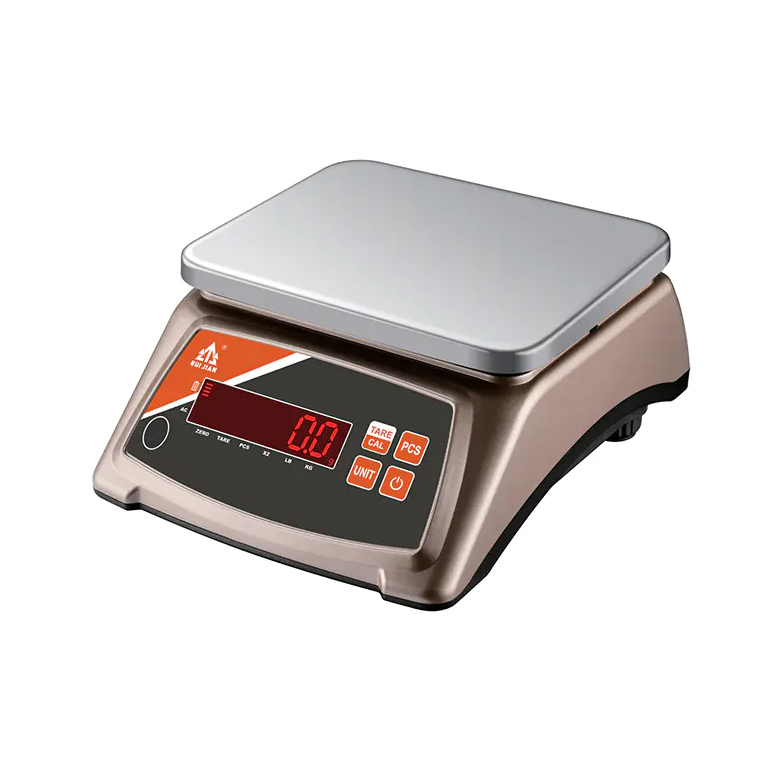Battery Life and Endurance of Commercial Electronic Scales

Role of Power in Commercial Operations
The power source of a Commercial Electronic Scale directly affects its usability, efficiency, and reliability. In retail, food markets, or industrial settings, uninterrupted operation is critical for accurate weighing and transaction processing. Limited battery life can cause downtime, disrupt workflow, and reduce operational efficiency, making endurance a key consideration when selecting a scale.
Factors Influencing Endurance
Battery life depends on multiple factors, including battery type, capacity, display usage, and electronic efficiency. Lithium-ion batteries typically offer higher energy density and longer operational periods than standard alkaline or nickel-metal hydride cells. Efficient load cells, low-power electronics, and energy-saving display technology can further extend the operating time of a Commercial Electronic Scale, reducing the need for frequent charging or battery replacement.
Continuous vs. Intermittent Use
The endurance requirements vary depending on how the scale is used. Continuous operation demands a consistent power supply over long periods, while intermittent use allows for energy recovery between weighing cycles. Scales designed for commercial settings often include power management features such as auto-sleep modes, adjustable backlighting, and low-battery indicators to optimize battery usage and maintain reliable performance.
Charging and Replacement Considerations
Rechargeable batteries provide convenience and reduce operational costs compared to disposable cells. Quick-charging options minimize downtime, while removable battery packs allow for seamless replacement during high-demand periods. A Commercial Electronic Scale designed with easy access to the power source ensures that operators can maintain continuous operation without interrupting workflow or compromising accuracy.
Environmental and Operational Impact
Temperature and humidity can affect battery performance and longevity. Extreme heat or cold may reduce the capacity of the battery, shortening operational periods. High-frequency usage, frequent display illumination, or rapid start-stop cycles also influence endurance. Selecting a scale with a battery designed to withstand operational conditions ensures consistent performance and reduces the risk of unexpected power loss.
Maintenance and Monitoring
Monitoring battery health is critical for maintaining long-term performance. Regularly checking voltage levels, replacing aging batteries, and following manufacturer charging guidelines helps prevent premature failure. Proper maintenance enhances the reliability of a Commercial Electronic Scale, ensuring that it continues to deliver accurate readings and uninterrupted service over its operational life.
Conclusion
The battery life of a Commercial Electronic Scale is a crucial factor for operational efficiency, accuracy, and reliability. Factors such as battery type, power management features, environmental conditions, and usage patterns all influence endurance. Scales with long-lasting, rechargeable, and well-maintained batteries reduce downtime, enhance workflow, and provide dependable performance in demanding commercial environments. Prioritizing battery endurance ensures that scales remain functional throughout the day, supporting smooth operations and consistent measurement accuracy.
- Art
- Causes
- Crafts
- Dance
- Drinks
- Film
- Fitness
- Food
- Giochi
- Gardening
- Health
- Home
- Literature
- Music
- Networking
- Altre informazioni
- Party
- Religion
- Shopping
- Sports
- Theater
- Wellness
